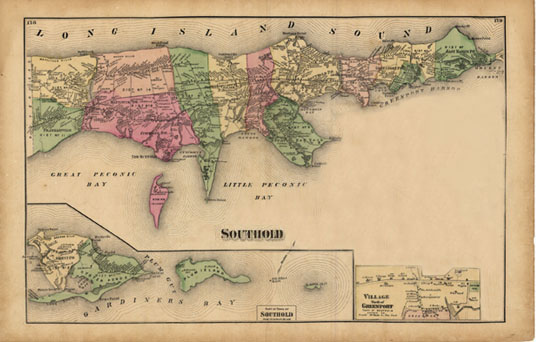“The Old Maids’ Convention, under the title of Woman’s Rights, met at Syracuse yesterday.”
Brooklyn Daily Eagle, August 16, 1855
Lavinia Goodell worked tirelessly for women’s rights in the 1870s, and she encountered a fair amount of resistance to her views from both men and women. But even though Lavinia struggled to win people over to her cause, societal attitudes toward women’s roles had already evolved considerably from the 1850s when Lucy Stone, one of Lavinia’s mentors, began advocating for equal rights for women.

Lucy Stone was born in Massachusetts in 1818. In 1850, she helped organize multiple women’s rights conventions. A convention held in Salem, Ohio in April declared: “The laws should not make a woman a mere prisoner on the bounty of her husband, thus enslaving her will, and degrading her to a condition of absolute dependence.”
The Liberator, a publication edited by William Lloyd Garrison, announced a convention to be held in Worcester, Massachusetts in October 1850 and said, “The signs are encouraging; the time is opportune.” The announcement continued:
Continue reading →Woman has been condemned, from her greater delicacy of physical organization, to inferiority of intellectual and moral culture, and to the forfeiture of great social, civil and religious privileges…. But, by the inspiration of the Almighty, the beneficent spirit of reform is roused to the redress of those wrongs.














